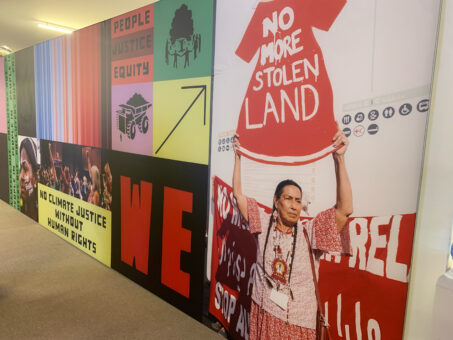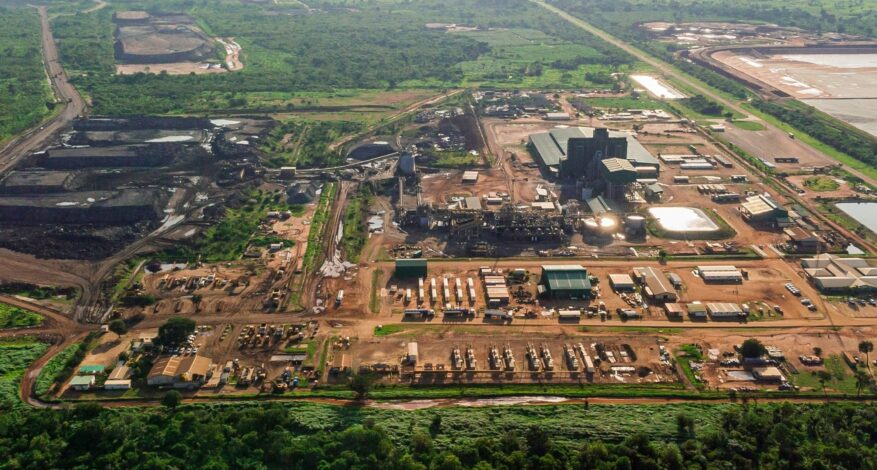Why IRMA doesn’t use the word ‘certified’
You may have noticed that IRMA no longer uses* the words certification or certified in its programs and materials. Instead, we refer to independent assessment and IRMA achievement (e.g. IRMA 75).
This is intentional.
In our view, “certification” conveys the certifying institution’s approval of the audited company, site or product. Many view certification labels as intended to assure the buyer or end-consumer that they’re buying something which has been approved.
While this approach is simple to understand, widely used, and has a long history in the marketplace, we believe it’s not an appropriate approach for the complexity of mining operations and the scale of industrial mining’s impacts. Certification, in the sense that it signifies approval, often means vastly different things to those impacted by mining—whether mine management, mine workers, customers of mines, or communities living near mines.
Instead, we use a scoring tool to:
- measure performance against a shared definition of best practices in mining;
- create incentive for more transparent accounting of impacts and achievements;
- welcome any operation, at any stage of their journey, to feel they can use the IRMA system to guide changes;
- build value for continuing improvement; and
- allow each stakeholder to make their own judgement about what the mine’s independently assessed performance against the IRMA Standard (its scoring as revealed in an IRMA audit report) means, instead of providing a proverbial stamp of approval.
An IRMA audit report offers readers not only an overall achievement level (IRMA Transparency, IRMA 50, IRMA 75, or IRMA 100; explained below) , but also provides scores for hundreds of requirements including the auditor’s rationale for assigning that score. This level of detail is key to:
- ensure the audit reports can be used as a centerpiece for meaningful conversations, whether between communities and the mine, a mine’s customer and mine management, or any other constellation of interested parties; and
- guide the mine on specific actions they can take to meet practice in the weeks, months and years ahead.
Because we know that some readers won’t study performance on each requirement and instead want a quick summary of performance we offer an overall achievement score.
- IRMA Transparency is given to a mine site that is audited against the IRMA Standard, releases the subsequent audit report publicly, and doesn’t reach a higher achievement level.
- IRMA 50 and IRMA 75 are achieved when a mine meets at least 50% or 75% average of the possible scores in each of the four main principles of the IRMA Standard (environmental, social, business integrity, and leaving positive legacies). In other words, a mine can’t score 100% in social chapters and 0% in environmental chapters and be IRMA 50; they need to achieve at least 50% average in each of the four principles.
- Mines achieving IRMA 50 and above must also at least substantially meet 40 of the IRMA Standards requirements that are designated as critical. This helps to ensure that as we share these milestones of achievement in working toward best practices, sites with achievement levels don’t have significant issues like child labor or human rights abuses.
- An IRMA 100 mine follows all aspects of the IRMA Standard. Even at this level, IRMA doesn’t say the mine is “certified”, but provides the information stakeholders need to draw their own conclusions about the mine’s performance and impacts.
It is important to note that IRMA 100 originally signaled “IRMA certification” – and was written directly into specific points of the 2018 IRMA Standard for Responsible Mining. For example
2.2.2.2. “New mines shall not be certified [achieve IRMA 100] by IRMA unless they have obtained the free, prior and informed consent (FPIC) of potentially affected indigenous peoples.”
The 2024 update to the Standard will remove these “certification” references. It is further important to note that “certification” is this example is not equated with “assessed.” A mine can be assessed in IRMA, even if it has not obtained FPIC. The resulting scores will simply relay the details around this important aspect of a mine’s operations.
We continue to look for ways to evolve IRMA’s scoring system to provide clear and meaningful data on performance without oversimplifying the important details or risks.
* Although references to “certification” have been removed from IRMA website text (e.g. the Assessment page used to be the Certification page), the process is still underway for PDF documents.



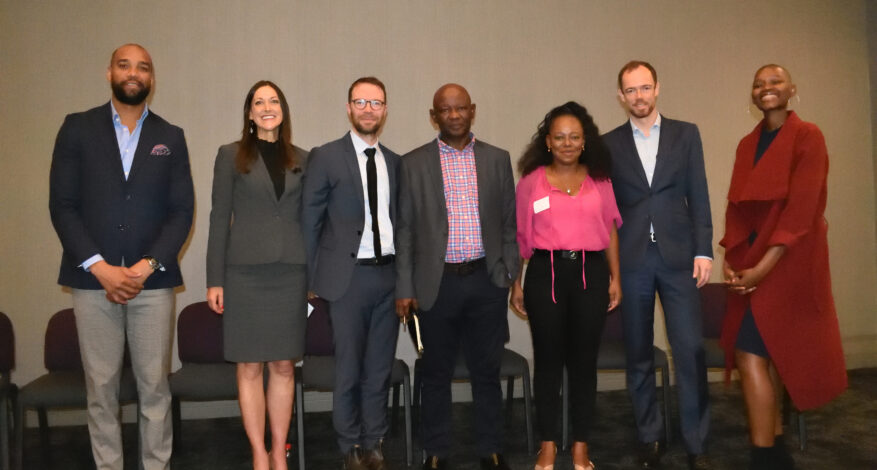
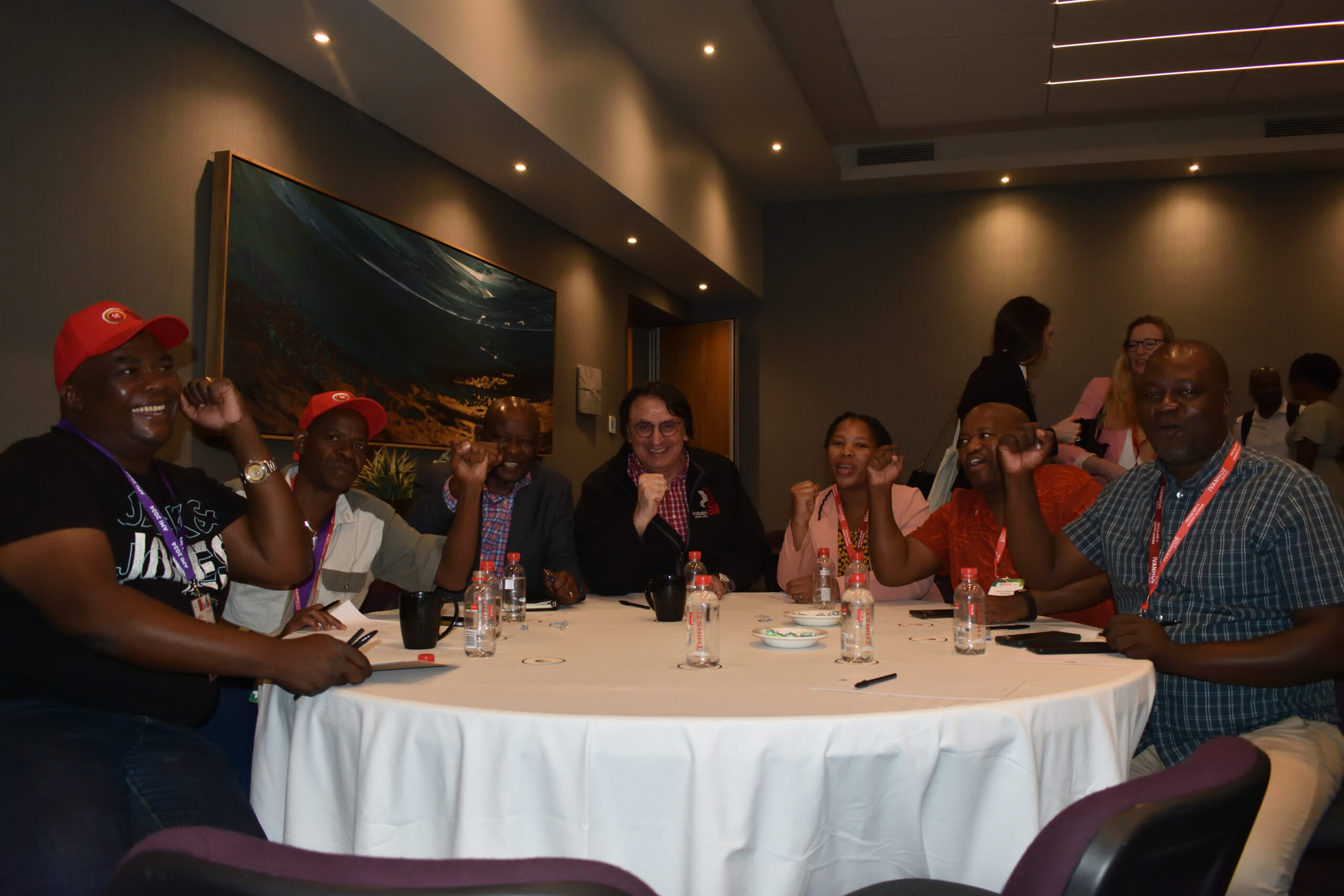
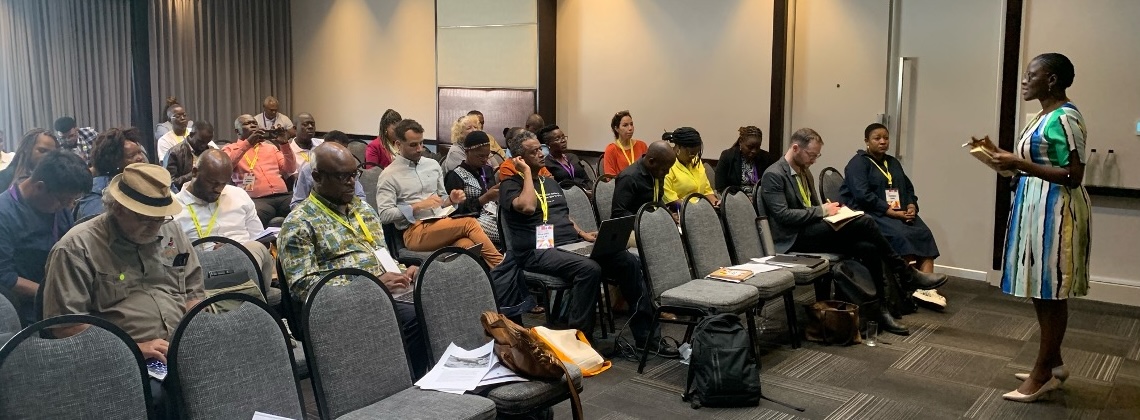

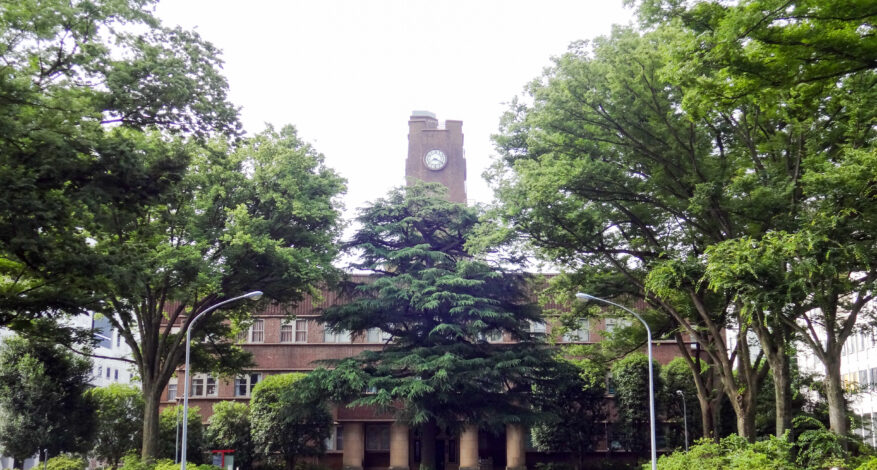
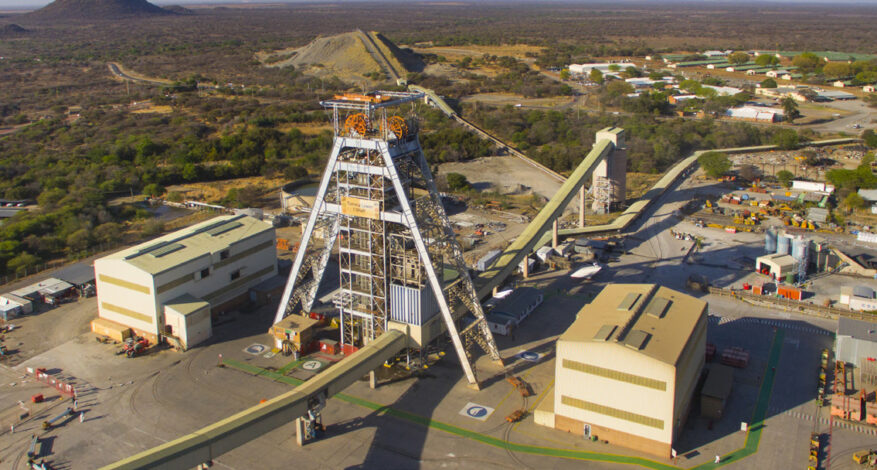
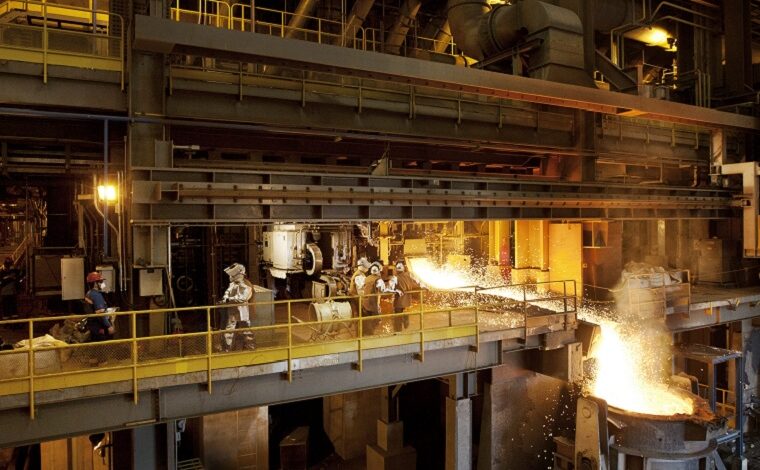




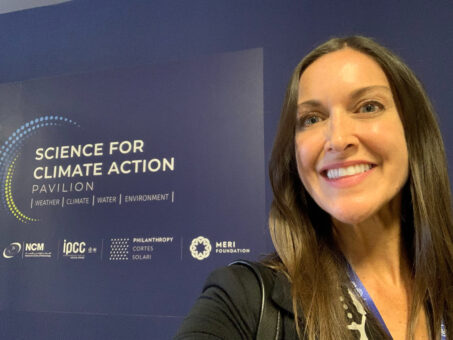
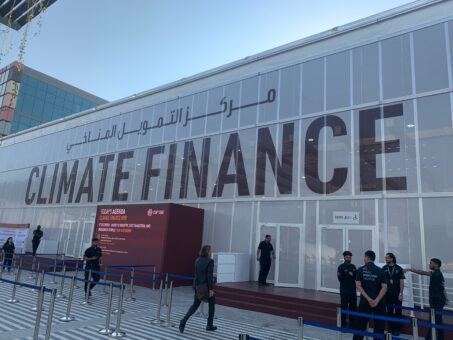 Regional Approaches to Financing Just Transition
Regional Approaches to Financing Just Transition